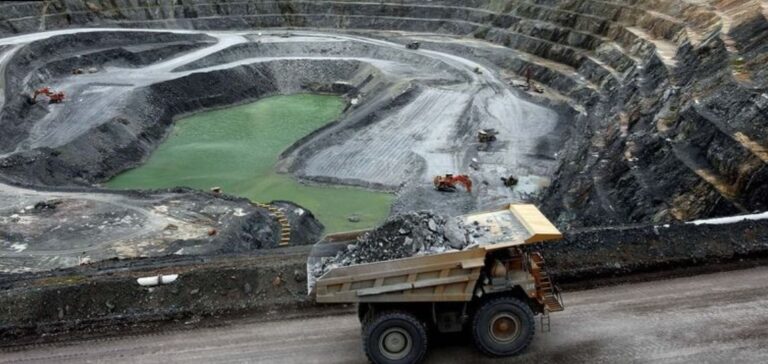The Australian government has announced a ban on mining at the Jabiluka uranium deposit in the north of the country.
This decision marks a crucial step in the recognition of the rights of indigenous peoples and the preservation of their cultural and environmental heritage.
Background and Government Decision
Discovered in the 1970s, the Jabiluka deposit is surrounded by Kakadu National Park, a UNESCO World Heritage Site.
Australia’s Prime Minister, Anthony Albanese, says the ban is in response to the wishes of the Mirrar, an Aboriginal people who consider the land sacred.
In 2017, archaeological excavations nearby revealed artifacts dating back tens of thousands of years, reinforcing the cultural importance of this site.
The announcement of the ban comes against a backdrop of heightened awareness of the rights of indigenous peoples in Australia.
The measure is aimed at preventing future mining activity at Jabiluka, a site that has never been mined but has been the subject of numerous disputes between aboriginal people and mining companies.
Implications for the mining industry
The Jabiluka deposit is owned by Energy Resources of Australia (ERA), a subsidiary of Rio Tinto.
The company’s mining permits have now expired.
The mining industry in resource-rich Australia must now navigate a regulatory framework increasingly geared towards protecting indigenous sites.
The controversial destruction of the Juukan Gorge cave by Rio Tinto in 2020, for the exploitation of an iron deposit, has already prompted a re-evaluation of conservation practices in Australia.
This previous event has intensified debates on how natural resources are exploited, particularly when sacred sites are at stake.
Reactions and outlook
The Australian government’s decision received mixed reviews.
Indigenous rights advocates applaud the move, seeing it as a necessary and overdue recognition of their rights.
On the other hand, some in the mining industry are concerned about the impact on investment and economic development.
The Conservative opposition is proposing to develop nuclear power stations across the country, a plan that could conflict with current policies.
For 26 years, Australia has maintained an opposition to nuclear power, but this dynamic could change depending on the outcome of the next election.
Economic and environmental challenges
The ban on mining at Jabiluka has major economic implications.
The deposit is one of the world’s largest in terms of uranium content.
However, the decision to protect this site demonstrates a priority given to environmental conservation and recognition of the rights of indigenous peoples.
This decision may also influence other countries facing similar dilemmas.
By placing cultural and environmental conservation above immediate economic gain, Australia is sending a strong message about the responsible management of natural resources.






















